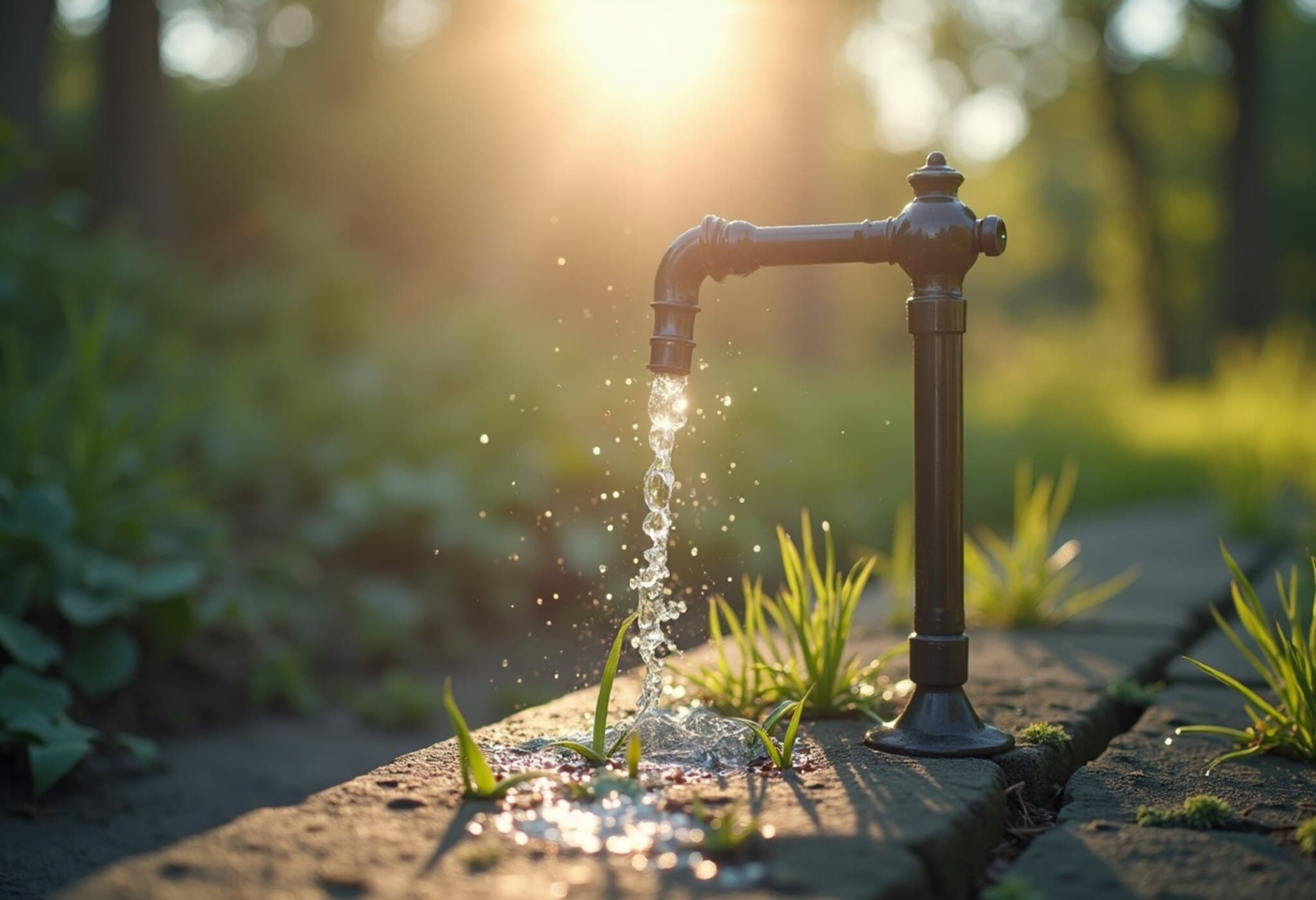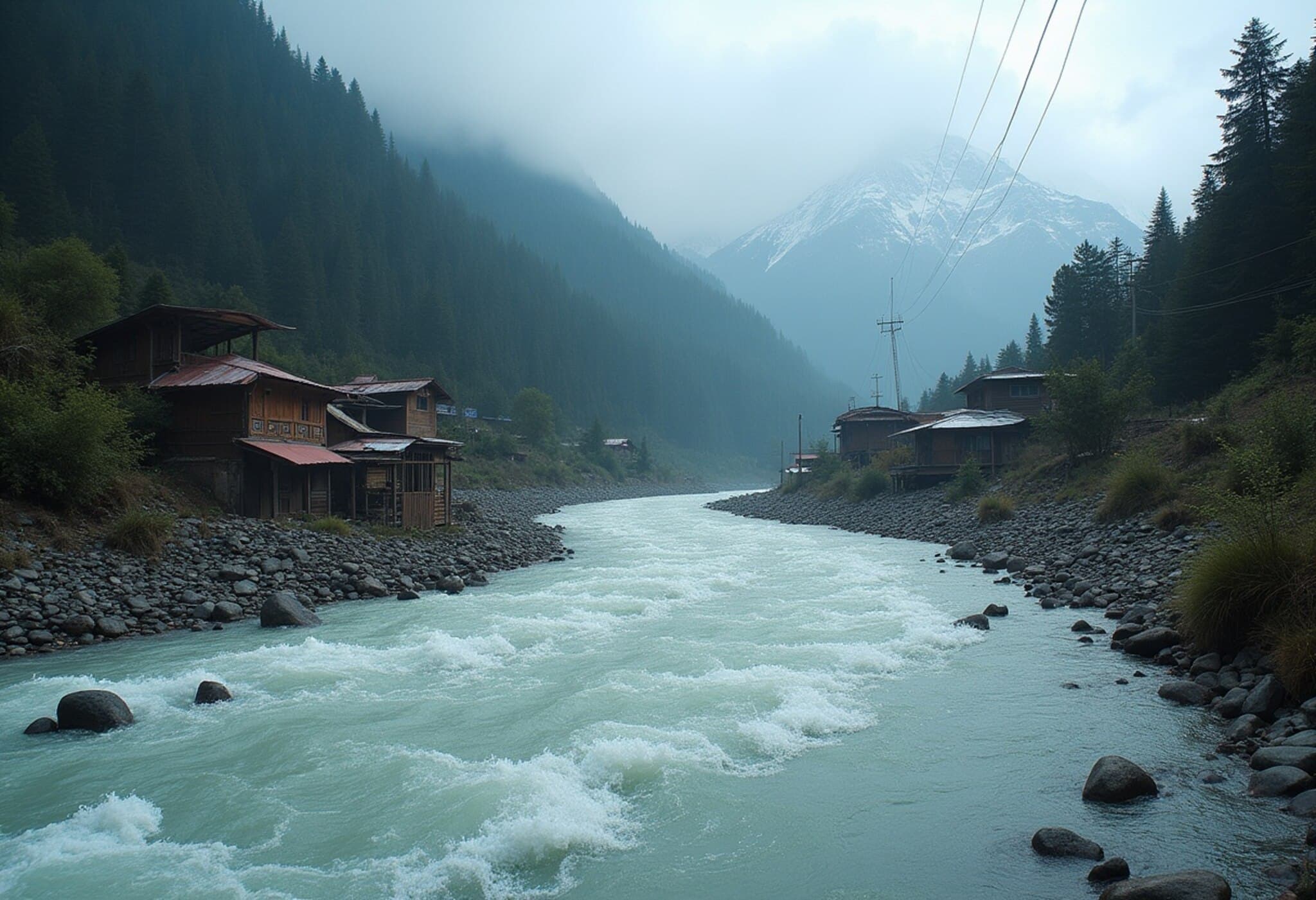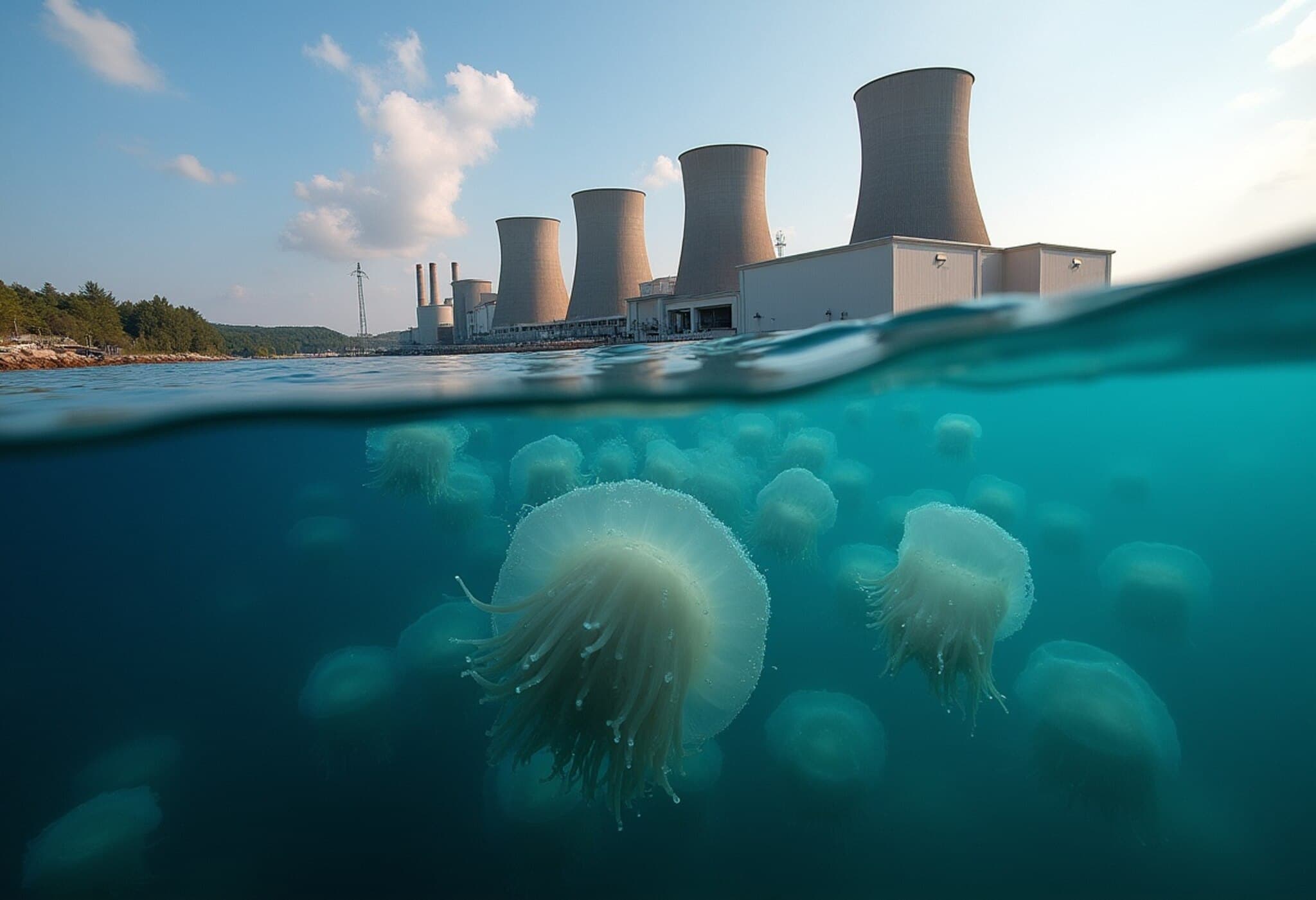UK Government Calls on Citizens to Delete Old Emails in Water Conservation Effort
As the United Kingdom faces one of its most critical droughts in recent history, government officials have issued an unusual but urgent appeal: delete your old emails. The rationale? Data centers hosting digital content such as emails and photos require substantial energy and water resources to keep servers cool, making digital storage an unexpected contributor to water consumption.
With Britain enduring its fourth heatwave of the summer, the Environment Agency has declared the drought a “nationally significant incident.” Helen Wakeham, the agency's director of water, stressed the importance of collective action, stating, “We are calling on everyone to play their part and help reduce the pressure on our water environment.”
Why Deleting Emails Can Help Save Water
While it might seem surprising, large-scale data centers consume vast amounts of water to maintain optimal operating temperatures. This cooling process is energy-intensive and puts added strain on water resources—especially in drought-hit regions. Through deleting emails, photos, and unnecessary files stored in the cloud, consumers can indirectly reduce demand on these water-intensive data centers.
Wakeham emphasized, “Simple, everyday choices – such as turning off a tap or deleting old emails – really help the collective effort to reduce demand and preserve the health of our rivers and wildlife.”
Drought Impact Across England: A Closer Look
The drought situation has escalated across multiple regions. Official drought declarations have been made in:
- Yorkshire
- Cumbria and Lancashire
- Greater Manchester
- Merseyside and Cheshire
- East Midlands
- West Midlands
Meanwhile, several other areas including Northeast England, Lincolnshire, Northamptonshire, East Anglia, Thames, Wessex, Solent, and South Downs continue to experience prolonged dry weather—the precursor to an official drought declaration.
In response, hosepipe bans remain in effect for customers of Yorkshire Water and parts of Thames Water, South East Water, and Southern Water, signaling the seriousness of the water scarcity.
Seven Practical Ways UK Residents Can Save Water
Beyond the novel advice of managing digital footprints, the UK government has provided citizens with seven practical tips to contribute meaningfully to water conservation efforts at home:
- Install a rain butt to capture rainwater for garden use, reducing reliance on treated water.
- Fix leaking toilets, which can waste an alarming 200–400 liters of water each day.
- Reuse kitchen water—for instance, water used to boil vegetables can nourish houseplants or gardens.
- Allow lawns to go dormant during dry spells; brown grass naturally revives after rain without needing constant watering.
- Turn off taps while brushing teeth or shaving to cut unnecessary flow.
- Shorten showers to minimize water use.
- Delete old emails and photos, reducing the load on data centers that consume high water volumes to cool servers.
The Bigger Picture: Digital Consumption and Environmental Impact
This appeal highlights an often-overlooked connection between digital behavior and environmental sustainability. As digital storage grows exponentially worldwide, the energy and water footprints of data centers have become significant. Experts suggest that sustainable IT infrastructure, alongside wise consumer habits, play a critical role in addressing climate-related resource challenges.
From an American policy perspective, similar concerns resonate as data center clusters in states like Virginia and Oregon grapple with the environmental costs of cloud computing. Policymakers globally face the challenge of balancing technological advancement with resource preservation, urging innovation in cooling technologies and renewable energy use.
Expert Insight: What This Means for the Future
Dr. Amelia Carter, a water resource economist, notes, “The UK’s move to link email deletion with water conservation is innovative and underscores the need for integrated solutions to resource crises. It challenges individuals to rethink the hidden costs behind everyday conveniences.”
Furthermore, the drought serves as a stark reminder that climate change will likely increase the frequency and severity of such incidents, necessitating resilient infrastructure and adaptive behavioral shifts worldwide.
Summary: Collective Action Needed in Uncertain Times
From turning taps off to clearing inboxes, the UK’s appeal symbolizes a holistic approach to water conservation. It reinforces that every small action, whether physical or digital, can contribute to lessening environmental strain during critical periods.













